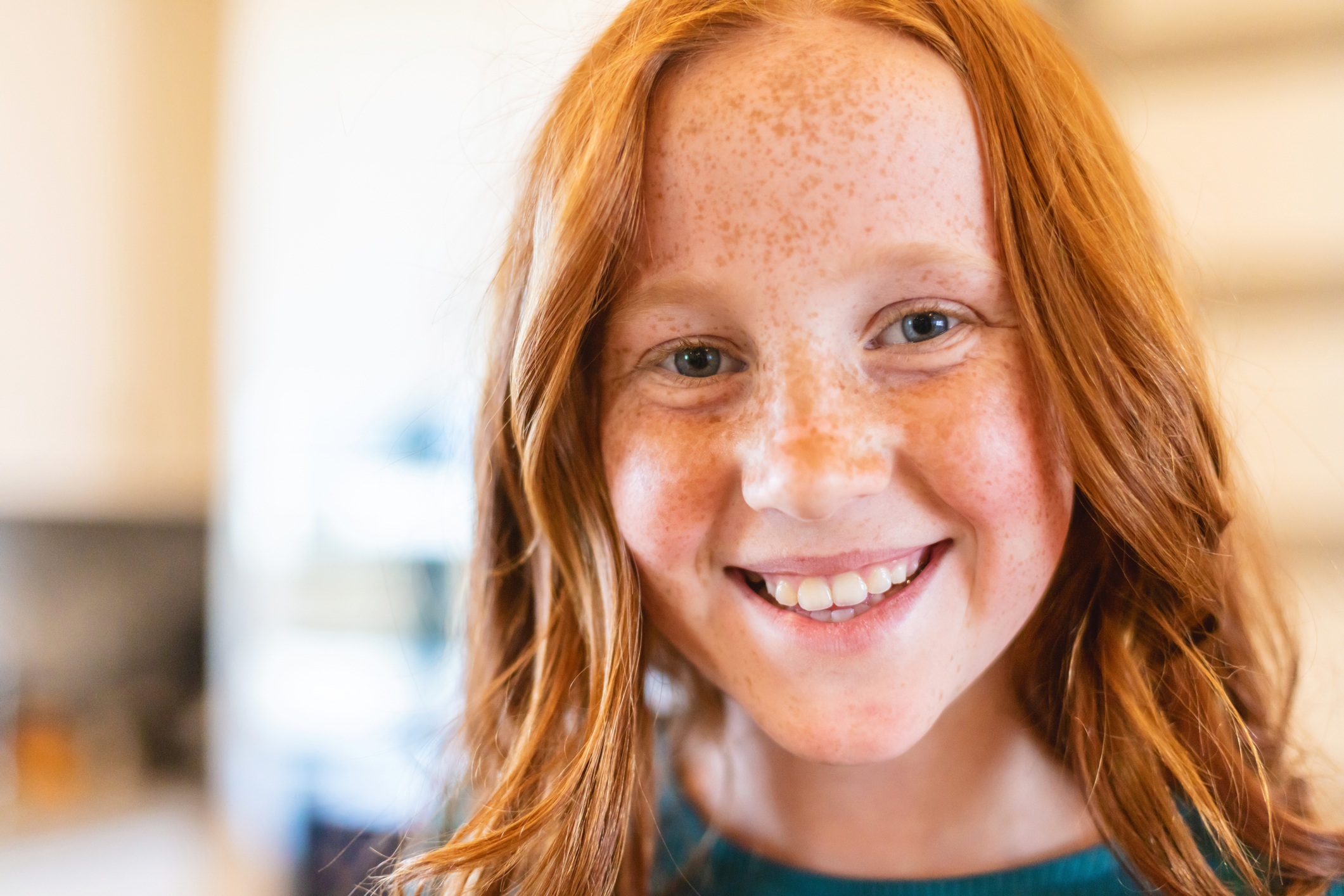
Out of Home Care
Non-family based out-of-home care
Every child deserves a safe, stable, and nurturing place to grow.
While it’s usually preferred to keep a child within a family unit, for some children that isn’t possible. Kanda’s out-of-home care services provide supportive, trauma-informed environments for children and young people who can’t live at home.
Our homes offer 24/7 support from qualified, compassionate staff to help create the consistency and safety every child needs to feel secure.
What is non-family based out-of-home care?
Non-family-based care provides temporary or longer-term accommodation for children and young people in the child protection system. This may include residential care, transitional care, or other non-family-based care arrangements.
Our goal is always to help each child feel safe, valued, and supported while working toward reunification with family or transition to independence.
Our care model focuses on:
- Safety – physically and emotionally secure homes
- Connection – positive relationships with carers and community
- Growth – tailored support for education and emotional wellbeing
Our trauma-informed approach
Each child’s individualised care plan focuses on healing, wellbeing, and positive relationships, guided by trauma-informed principles.
Our approach is grounded in the Sanctuary Model and Therapeutic Crisis Intervention (TCI), frameworks that prioritise emotional safety, shared decision-making, and community connection. These approaches teach people how to cope with stress and prevent trauma symptoms so that we can better manage conflict and form healthy communities.
A commitment to quality and safety
Quality care begins with trust. Kanda Children, Youth and Family Services is certified under the Human Services Quality Framework (HSQF), reflecting our commitment to excellence, safety, and continuous improvement.
This means we:
- Adhere to best-practice child protection and trauma-informed guidelines
- Maintain regular staff training across TCI, Hope and Healing, Sanctuary Model, Practice Essentials, and cultural responsiveness
- Use continuous quality improvement systems to ensure services evolve with evidence and community feedback
We uphold the highest standards in every home, every shift, every day.
Non-family based out of home care services FAQs
Make a Referral
Placements are made through referrals from the Department of Families, Seniors, Disability Services and Child Safety and relevant partner agencies. When we receive a referral, we thoroughly review the child and young person’s background, care needs, and any risks to ensure we can provide the right support.